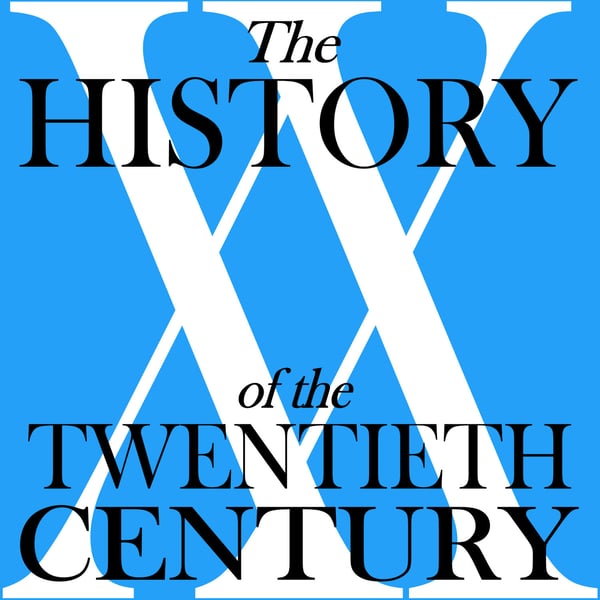075 The Great Illusion
The History of the Twentieth Century
Mark Painter
4.8 • 719 Ratings
🗓️ 14 May 2017
⏱️ 45 minutes
🧾️ Download transcript
Summary
In the final days of peace, many European leaders were preoccupied with domestic problems as others debated whether war was inevitable, or obsolete.
Transcript
Click on a timestamp to play from that location
| 0:00.0 | Wealth in the economically civilized world is founded upon credit and commercial contract, |
| 0:25.6 | so that if conquest is not to be self-injurious, it must respect the enemy's property, |
| 0:31.6 | in which case it becomes economically futile. |
| 0:34.6 | For a modern nation to add to its territory no more adds to the wealth of the people of such nation |
| 0:40.5 | than it would add to the wealth of Londoners if the city of London were to annex the county of Hefford. |
| 0:48.5 | Norman Angle, the Great Illusion. |
| 0:53.3 | Welcome to the history of the 20th century. Episode 75, The Great Illusion |
| 1:22.9 | Norman Engel was an English journalist. |
| 1:29.3 | Later in his life, he would become a Labour member of Parliament |
| 1:32.1 | and be awarded a knighthood and a Nobel Peace Prize. |
| 1:36.1 | But before all that, in 1909, |
| 1:39.1 | he published a small book entitled Europe's Optical Illusion. |
| 1:44.0 | It would be revised and expanded in 1911 into a work |
| 1:47.8 | called The Great Illusion. The Great Illusion alluded to in the title is that war could be profitable. |
| 1:58.0 | Engle argued that in the past, when wealth was largely agricultural and was derived from land, |
| 2:03.6 | a nation could become richer by taking more territory. But in the modern world, this thinking had |
| 2:09.1 | become obsolete. Wealth no longer came from land. It came from the industry of workers, |
| 2:15.4 | and was developed by trade and credit. |
| 2:23.6 | War was inimical to both, and it therefore followed that even a nation which won a war would find itself made poorer, not richer, in the effort. |
| 2:29.4 | It was a new argument in support of a familiar conclusion, that war had become obsolete. It is related |
| 2:36.9 | to Jan Bloch's argument that a general war in Europe would lead to economic collapse and |
| 2:41.4 | revolution, but Angle adds to this the claim that a strong and wealthy nation has more to gain |
... |
Please login to see the full transcript.
Disclaimer: The podcast and artwork embedded on this page are from Mark Painter, and are the property of its owner and not affiliated with or endorsed by Tapesearch.
Generated transcripts are the property of Mark Painter and are distributed freely under the Fair Use doctrine. Transcripts generated by Tapesearch are not guaranteed to be accurate.
Copyright © Tapesearch 2025.

